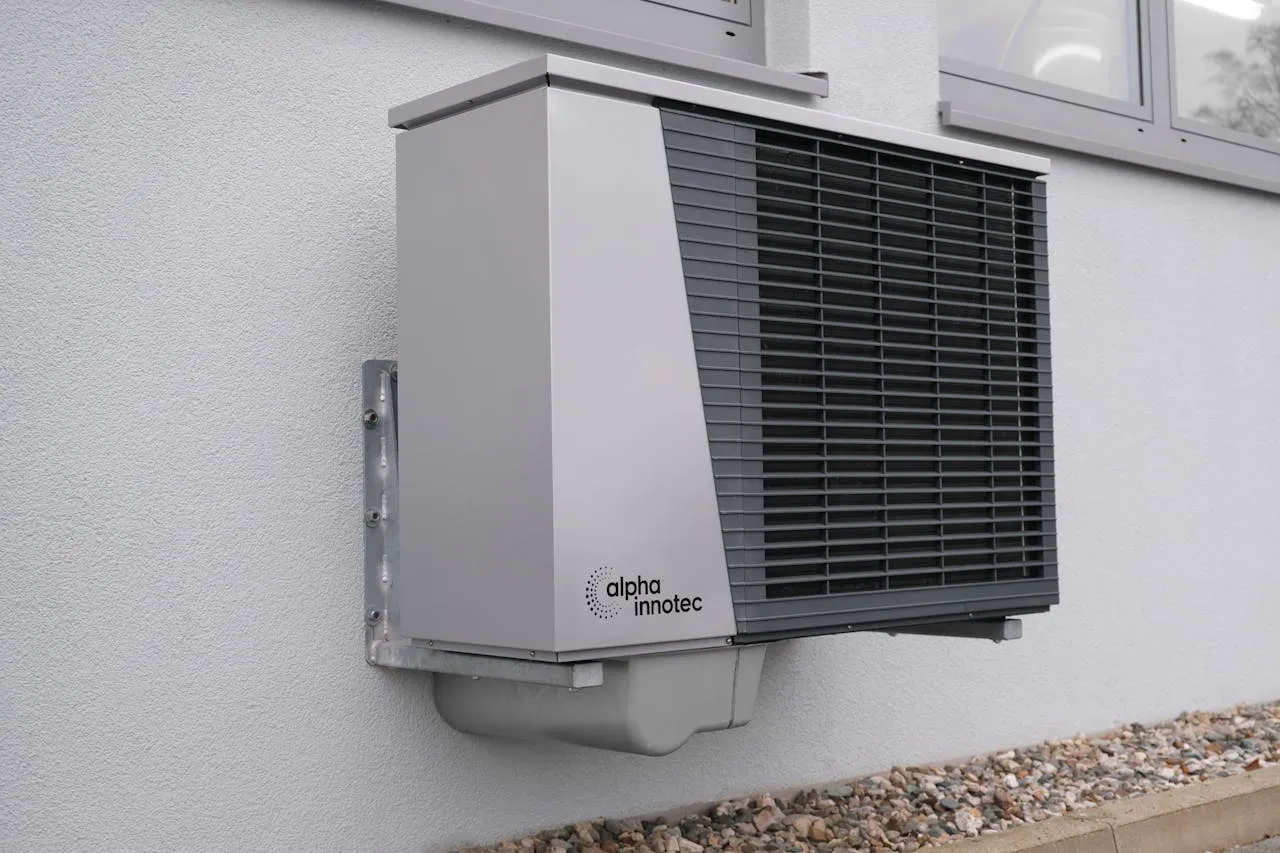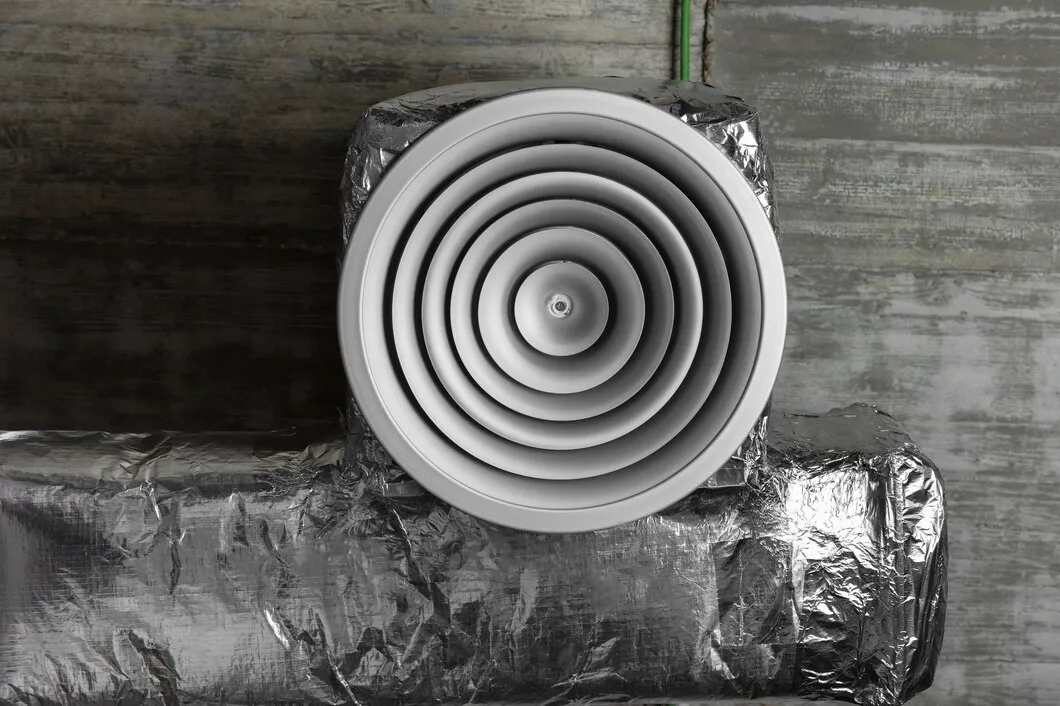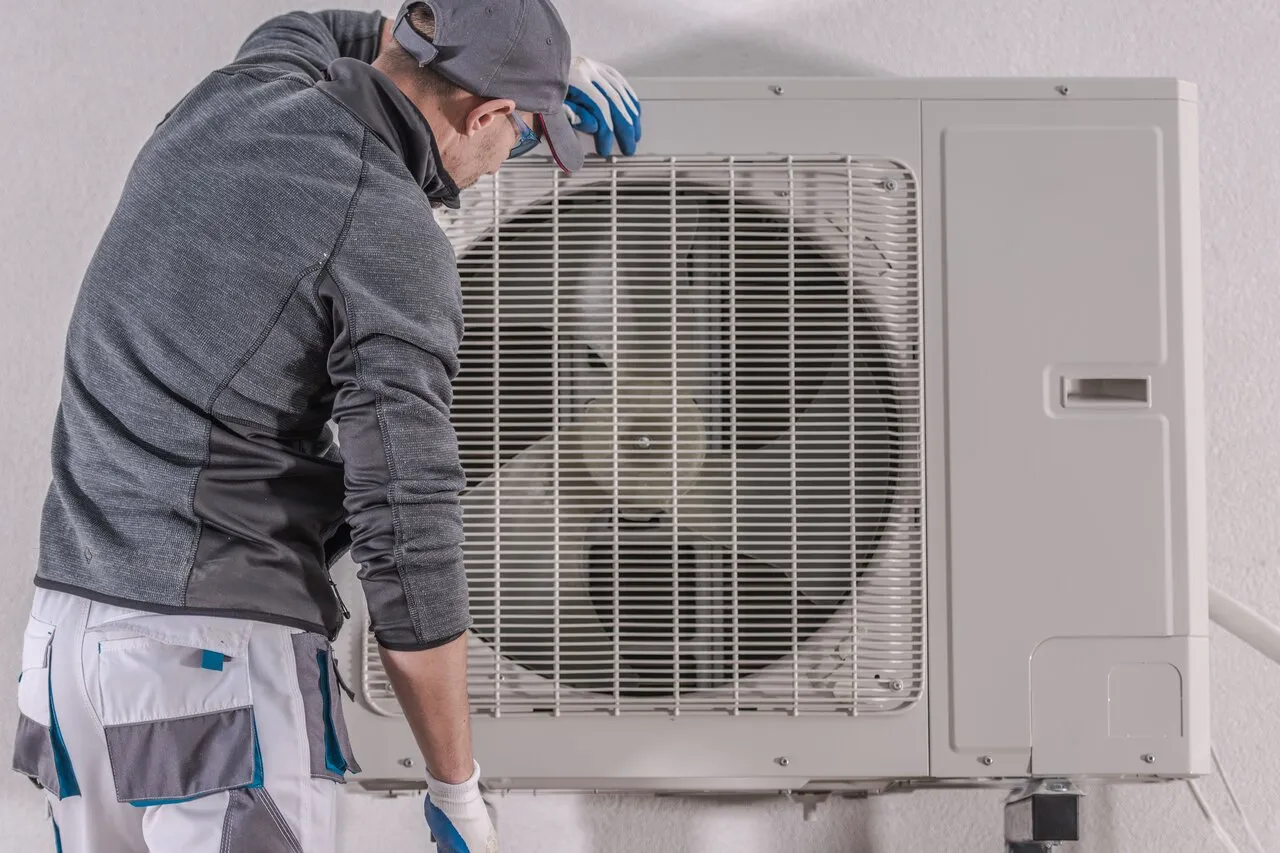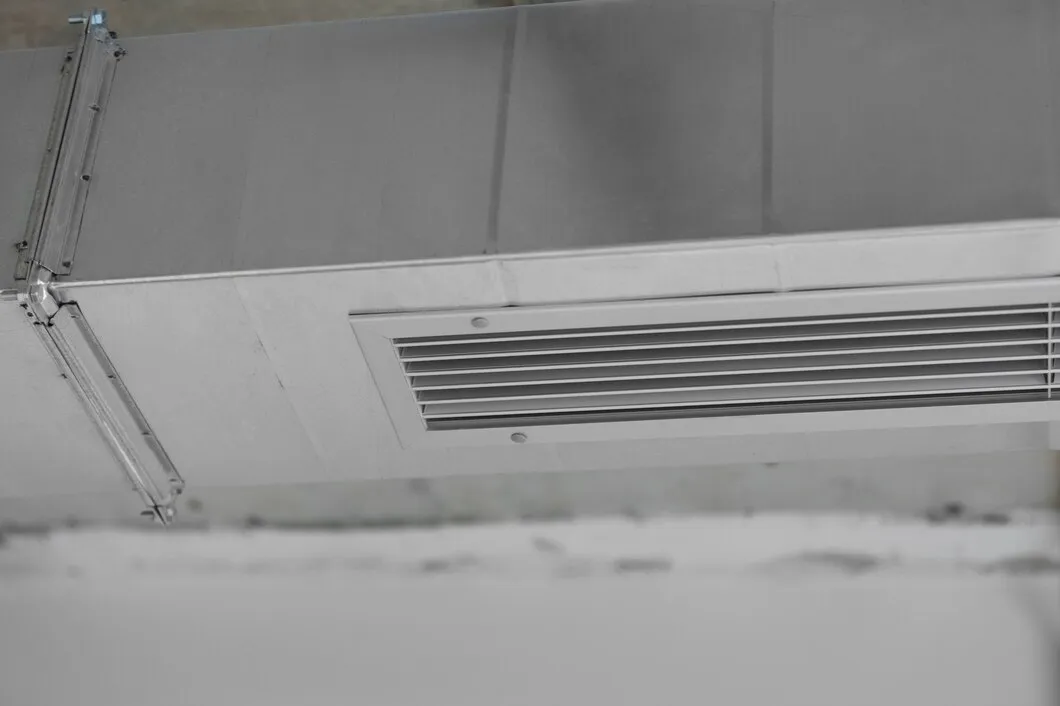Heat pumps are an efficient solution for maintaining comfortable indoor temperatures throughout the year. They are designed to transfer heat rather than generate it, making them a highly energy-efficient choice for your home. With various types available, understanding which system suits your specific needs is crucial.
Understanding Heat Pump Systems
There are several types of heat pump systems available, each tailored to different heating and cooling needs. The three primary types are air-source, geothermal, and absorption heat pumps. Air-source heat pumps are the most common and work by transferring heat between your house and the outside air. They are ideal for temperate climates, offering a balance of cost-effectiveness and efficiency.
Geothermal heat pumps, also known as ground-source pumps, utilize the stable temperature of the ground to provide heating and cooling. These systems are typically more efficient than air-source models, providing substantial energy savings over time. Absorption heat pumps, also called gas-fired heat pumps, are powered by heat sources other than electricity, such as natural gas. These are suitable for larger properties or environments with access to renewable heat.
Heat pumps operate by extracting heat from one area and transferring it to another. This process makes them efficient in a range of climates, but their efficiency can vary depending on regional temperature extremes. In warmer climates, air-source heat pumps excel in cooling performance while still providing warmth during milder winter months. In colder regions, geothermal systems prove advantageous due to their reliance on consistent underground temperatures.
Preparing for Heat Pump Installation
Proper preparation is key to a successful heat pump installation. Begin with a checklist to streamline the process:
- Evaluate the Current HVAC System: Determine if existing ductwork or infrastructure can accommodate a heat pump.
- Assess Energy Requirements: Calculate the size and capacity of the heat pump needed based on your home’s square footage and insulation.
- Inspect the Electrical System: Ensure the electrical system can support the new unit without needing significant modifications.
- Obtain Necessary Permits: Check with local authorities for any permits required for installation.
Site considerations are also crucial. Identify an appropriate space outside your home for air-source heat pumps, ensuring there is sufficient clearance for ventilation and maintenance. For geothermal heat pumps, space for ground loops is necessary. The location must allow for professional installation and accessibility for future servicing. An appropriately sized and situated system not only enhances performance but also minimizes energy consumption.
Key Benefits of Heat Pump Installation
Installing a heat pump can bring significant advantages that extend beyond mere temperature control in your home. One of the primary benefits of heat pumps is their exceptional energy efficiency. Unlike traditional heating and cooling systems, heat pumps transfer heat rather than generate it, using less energy in the process. This efficient operation can lead to reduced utility bills, making them an economically viable option over time.
Moreover, heat pumps offer an environmental benefit. By consuming less energy, they reduce the carbon footprint of households, aligning with a growing emphasis on sustainable living. For individuals prioritizing eco-friendliness in their lifestyle, integrating a heat pump is a step in the right direction.
Long-term savings are another compelling reason to consider heat pump installation. While the initial investment might seem substantial, the subsequent savings on energy bills, coupled with potential government incentives for energy-efficient upgrades, enhance the financial feasibility of this choice. Heat pumps also have a longer lifespan compared to conventional systems, minimizing replacement and maintenance costs over the years.
Choosing the Right Professionals for Installation
Successfully installing a heat pump hinges on selecting the right professionals for the job. The complexity of heat pump systems requires skilled technicians to ensure that the installation process is seamless and that the system runs efficiently from the outset. Opting for experienced professionals not only guarantees proper installation but also extends the life of the system.
There are key attributes to seek when choosing an HVAC company for heat pump installation. The company should have a proven track record in handling various types of heat pump systems. Technicians should be well-trained, certified, and stay updated with the latest technologies and techniques in heat pump installation. Beyond technical expertise, customer service is crucial. Professionals should be responsive and offer clear, straightforward communication throughout the installation process.
Warranty and service options are also critical factors. A reliable HVAC company offers comprehensive service agreements, including periodic maintenance and emergency repair solutions, to support the longevity and performance of your heat pump. With the right technicians, you can ensure that your system is installed correctly and built to cater to your home’s unique needs.
Conclusion
As homeowners seek efficient and sustainable solutions for year-round comfort, heat pump systems stand out as a versatile and beneficial option. Their ability to deliver comfort while minimizing energy usage makes them a wise investment. A successful heat pump installation requires proper understanding and preparation. Recognizing the system’s benefits, potential savings, and the importance of professional installation ensures that you make an informed decision for your home.
At Alco Air, we are dedicated to providing top-tier heat pump installation in Gilmer tailored to your needs. Contact us today to experience professional service and ensure your home remains comfortable and efficient throughout the seasons!











